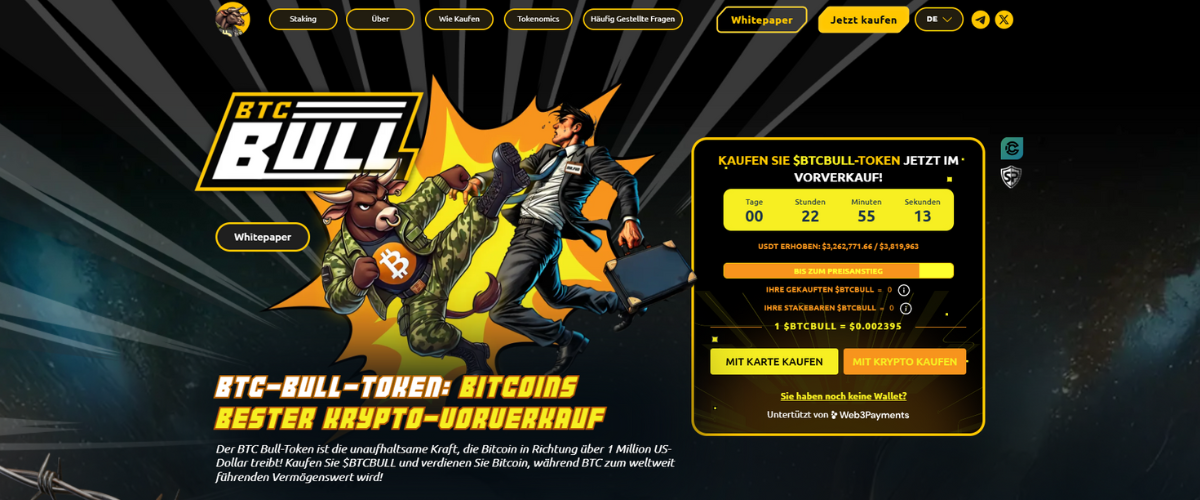Russia Turns to Crypto for Oil Trade with China and India
14.03.2025 12:15 2 min. read Alexander Stefanov
Amid international sanctions, Russian firms have turned to cryptocurrencies like Bitcoin and Tether’s USDt for trade with China and India.
Oil companies in particular have embraced digital assets, with some processing millions in monthly transactions through crypto, according to a Reuters report.
While Russia’s finance minister confirmed in late 2024 that Bitcoin could be used in foreign trade, its role in oil deals with China and India was previously undisclosed.
To facilitate these transactions, intermediaries handle offshore accounts and convert payments into crypto before routing funds to Russia, where they are exchanged for rubles. One source suggested that even if sanctions were lifted, crypto would remain a preferred tool due to its efficiency.
Meanwhile, the Bank of Russia is considering allowing wealthy investors to legally access cryptocurrencies, signaling a shift in policy.
Despite China’s strict stance on digital assets, it remains a major player in Bitcoin mining. Observers speculate that as global adoption grows, particularly with U.S. initiatives like a strategic Bitcoin reserve, China may eventually reconsider its approach. Reports suggest the Chinese government could be holding at least 193,000 BTC.
While Russia is looking at ways to expand its reach in the crypto sector a new token emerges that could change the crypto game. BTC Bull Token ($BTCBULL) is a new meme token that brings together two of the strongest ecosystems in the crypto world: Bitcoin and Ethereum.
 What makes the BTC Bull Token so special is its drive to spread Bitcoin ownership to everyday people.
What makes the BTC Bull Token so special is its drive to spread Bitcoin ownership to everyday people.
$BTCBULL is a decentralized token that combines the power of meme culture with real Bitcoin rewards. Every time Bitcoin reaches a price milestone, holders of $BTCBULL receive BTC airdrops.
Furthermore, the token is subject to a burn mechanism, which reduces its supply and increases its value.
-
1
Arthur Hayes Sees Trouble Ahead for Bitcoin as Global Tensions Rise
12.06.2025 21:00 2 min. read -
2
Why Michael Saylor Bet on Bitcoin During the COVID Cash Crisis
12.06.2025 19:00 2 min. read -
3
Nasdaq-Listed Mercurity Aims to Join Bitcoin Treasury Trend
13.06.2025 9:00 1 min. read -
4
Whale Leverages $30M on Bitcoin: Is a Parabolic Move Coming?
11.06.2025 21:00 1 min. read -
5
Pakistan Turns Unused Power Into Bitcoin and AI Infrastructure
13.06.2025 22:00 1 min. read
Bitcoin Market Stalls as Profit-Taking, Whale Dispersal, and Sideways Action Define the Cycle
The Bitcoin market is entering a complex phase marked by rising realized profits, reduced whale balances, and historically prolonged sideways price movement.
UniCredit to Launch Structured Product Tied to BlackRock’s Spot Bitcoin ETF
European banking giant UniCredit is preparing to offer its professional clients a new investment product linked to BlackRock’s spot Bitcoin ETF (IBIT), according to a report by Bloomberg.
American State Bans Crypto Investments and Payments in Sweeping New Law
Connecticut has officially distanced itself from government adoption of digital assets like Bitcoin. On June 30, Governor Ned Lamont signed House Bill 7082 into law, placing sweeping restrictions on how the state and its agencies can engage with cryptocurrencies.
Strategy Boosts Bitcoin Holdings to 597,325 BTC with Latest Purchase
Bitcoin giant Strategy has added another 4,980 BTC to its reserves in a purchase worth approximately $531.9 million, according to Executive Chairman Michael Saylor.
-
1
Arthur Hayes Sees Trouble Ahead for Bitcoin as Global Tensions Rise
12.06.2025 21:00 2 min. read -
2
Why Michael Saylor Bet on Bitcoin During the COVID Cash Crisis
12.06.2025 19:00 2 min. read -
3
Nasdaq-Listed Mercurity Aims to Join Bitcoin Treasury Trend
13.06.2025 9:00 1 min. read -
4
Whale Leverages $30M on Bitcoin: Is a Parabolic Move Coming?
11.06.2025 21:00 1 min. read -
5
Pakistan Turns Unused Power Into Bitcoin and AI Infrastructure
13.06.2025 22:00 1 min. read


